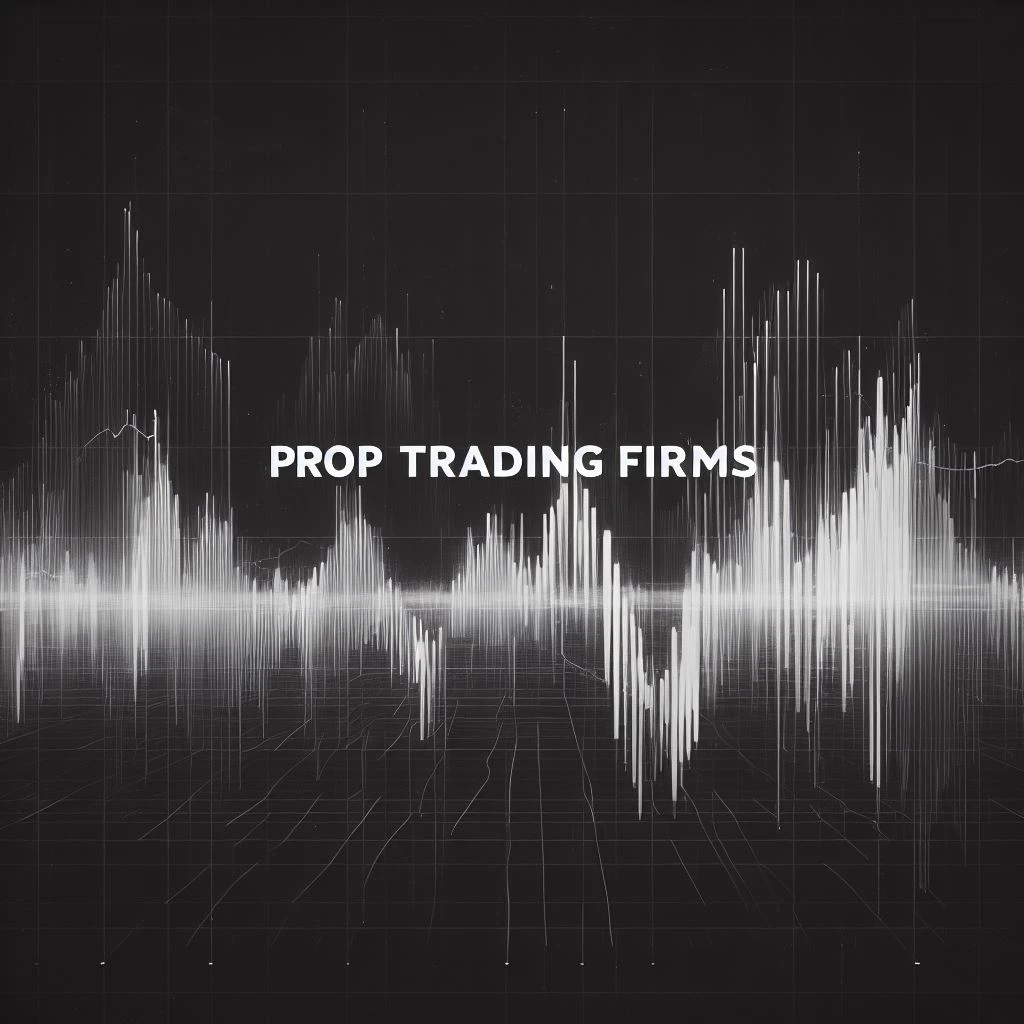Becoming a Prop Trader
Proprietary trading, commonly known as prop trading, is a career that offers unparalleled financial rewards and intellectual challenges. If you’re someone who thrives in a high-stakes environment and has a passion for financial markets, this could be the career for you. This guide aims to be your comprehensive resource for understanding what prop trading is, the skills you need, and how to get started.
What is Proprietary Trading?
Proprietary trading involves a financial firm or commercial bank investing its own money in various financial instruments like stocks, bonds, and commodities. The primary goal is to generate a direct profit for the firm, rather than earning commissions by trading on behalf of clients.
Types of Prop Trading
- Equities: This involves trading in stocks and ETFs. You’ll need to understand market trends, company performance, and other factors that influence stock prices.
- Fixed Income: Here, you’ll deal in bonds and other debt securities. Understanding interest rates and credit risk is crucial.
- Forex: This involves trading in foreign currencies. You’ll need to keep an eye on geopolitical events, economic indicators, and other factors that influence currency values.
- Commodities: This involves trading in physical goods like gold, oil, and agricultural products. Supply and demand dynamics are key here.
Understanding the different types of prop trading can help you specialize in a particular area, each with its own set of rules, risks, and strategies.
Why Choose Prop Trading?
Benefits
- Financial Independence: Unlike traditional jobs, there’s no fixed salary cap. Your earning potential is directly related to your skill and performance.
- Skill Development: You’ll learn valuable skills like risk management, data analysis, and decision-making.
- Flexible Hours: While the markets have opening and closing times, you generally have the flexibility to set your own hours, especially if you trade in multiple markets.
Risks
- Financial Risk: The potential for significant losses is as high as the potential for gains.
- Stress: The high-pressure environment can be mentally and emotionally taxing.
Prop trading is not for everyone. The high-risk, high-reward nature of the job means you need to be fully aware of what you’re getting into.
Skills Required for Prop Trading
Soft Skills
- Emotional Intelligence: The ability to manage stress and make unbiased decisions is crucial. Emotional intelligence helps you stay level-headed in a high-pressure environment.
- Discipline: Trading involves sticking to a plan and not deviating from it, even when tempted by potential quick gains.
- Adaptability: Financial markets are dynamic. Being adaptable allows you to change your strategies to suit market conditions.
Technical Skills
- Quantitative Analysis: You’ll often need to interpret complex data and charts. Strong quantitative skills are essential for this.
- Programming: Knowing programming languages like Python can help you automate trading strategies, giving you an edge.
Success in prop trading requires a balanced skill set. While technical skills can be learned, soft skills like emotional intelligence and discipline often take time to develop.
Educational Background
Recommended Degrees
- Finance: Provides a strong foundation in financial markets.
- Economics: Helps you understand market behaviors.
- Mathematics: Useful for quantitative analysis.
Alternative Paths
- Online Courses: Platforms like Coursera and Udemy offer specialized trading courses.
- Mentorship: A mentor can provide real-world insights that you won’t get in any course or book.
While having a degree in a related field can be beneficial, it’s not the only path into prop trading. Many successful prop traders have taken alternative educational routes.
How to Become a Prop Trader
Step-by-Step Guide
- Educate Yourself: Start with books and online courses to build a strong foundation.
- Paper Trading: This involves simulated trading to practice without financial risk. Some prop firm challenges offer free trials for you to practice.
- Internship: An internship at a trading firm can provide invaluable experience and networking opportunities.
- Apply for Jobs: Tailor your resume and cover letter to highlight relevant experience and skills.
- Interview Preparation: Be ready to discuss your trading philosophy, strategies, and risk management techniques.
- On-the-Job Training: Most prop firms provide initial training to help you understand their specific trading systems and strategies.
The journey to becoming a prop trader is a long one, requiring a blend of education, practical experience, and networking.
Best Practices for Success
Strategies for Long-Term Success
- Continuous Learning: The financial markets are always evolving. Continuous learning helps you adapt to new market conditions.
- Risk Management: Always have a risk management strategy in place. This should include setting stop-loss levels and understanding your risk tolerance.
- Networking: Building a strong professional network can provide you with opportunities and insights that you might not have access to otherwise.
Long-term success in prop trading is not just about making good trades. It’s about continuous improvement and risk management.
Common Mistakes to Avoid
Pitfalls
- Overtrading: More trades don’t necessarily mean more profits. Overtrading can lead to significant losses.
- Ignoring Risk Management: Failing to have a risk management strategy can result in catastrophic losses.
- Emotional Trading: Decisions based on emotions rather than data and strategy are a recipe for disaster.
Being aware of these common mistakes and actively avoiding them is crucial for long-term success in prop trading.
Conclusion
Becoming a successful trader is a long-term commitment that requires a blend of education, skills, and the right mindset. This guide aims to provide you with a comprehensive roadmap to help you navigate this challenging yet rewarding career. From understanding the intricacies of different types of prop trading to developing the necessary skills and avoiding common pitfalls, we’ve covered it all.
We’ve aimed to break down complex concepts into easy-to-understand frameworks and provide actionable and practical takeaways to guide you on your journey to financial freedom.
Whether you’re just starting out or looking to refine your skills, this guide offers a wealth of information to help you succeed in the fast-paced world of prop trading. Keep learning, and stay disciplined.













